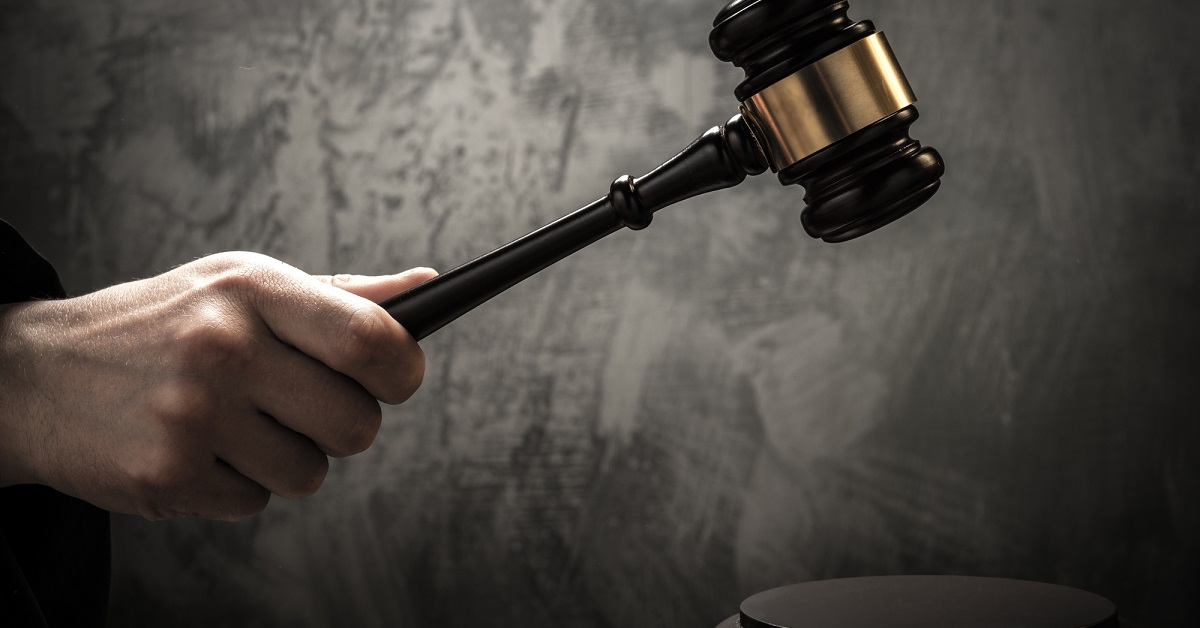
Indeed, the complexities in legal terrain will find ebbs and flows depending on the courts; tribal courts herald another set of laws, moralities, and procedures within which human beings function. If one finds himself/herself either in trouble for a crime or in need of legal representation for a tribal matter, it becomes more important than ever to hire a tribal court defense lawyer. A good lawyer will assist one through the system, fight for what is right for him or her, and attempt to win.
Understanding Tribal Court Systems
Tribal courts act independently of both state courts and federal courts; laws are based on tribal codes, traditions, and federal regulations. The types of issues considered by these courts are quite wide-ranging: there are criminal charges, civil cases, and disputes over family law. Again, the unique legal status of these courts makes it imperative to consult with an attorney trained in tribal law.
Tribal courts are considered sovereign courts; they are thus distinct from and independent of the authority of either state or federal courts. They derive their authority like DC DUI defense from treaties, congressional acts, and tribal constitutions. All this means that the procedures, forms of punishments, and legal processes appear to be much different from those in mainstream courts. For someone unaccustomed to this environment, having a tribal court defense attorney who knows the intricacies of the courts can mean the difference between success and failure.
Key Qualities to Look for in a Tribal Court Defense Lawyer
In hiring the right lawyer, careful consideration must be given. The following are some of the important aspects to consider when appointing legal counsel.
1. Experience in Tribal Law
Not all lawyers understand the complexities of tribal court matters. Find a lawyer who has experienced cases in tribal courts and understands the jurisdictional challenges involved. Working knowledge of tribal sovereignty, treaty rights, and the Indian Civil Rights Act are all a plus.
2. Knowledge of Tribal and Federal Laws
Tribal courts often apply a patchwork of tribal, federal, and state laws. Your attorney ought to be well-acquainted with how these rights and laws interrelate and thereby affect your case. Those attorneys working in the field of tribal law should have an understanding of how differences in jurisdiction affect the outcome of the case.
3. Negotiation and Litigation Skills
A good lawyer defending in the tribal court must be a skilled negotiator as well as a strong litigator. Many cases can settle out of court; however, when the situation requires, your attorney should be adept with demonstrating a full and capable defense in a court of law.
4.Cultural Sensitivity and Respect
Tribal legal matters often involve deep cultural traditions and values. Your attorney should respect these customs and try to gain trust both with the court and community members. Many tribal courts often utilize restorative models that de-emphasize punishment. Therefore, a lawyer with knowledge of these methods will help facilitate your case resolution.
5.Accessibility and Communication
With legal matters causing stress, your lawyer must be accessible and responsive. Understandable communication is essential for determining your rights and options during the case. Choose a lawyer who breaks the legal jargon and procedures down into understandable bits.
6.Successful Track Record
While every case is unique, a tribal lawyer with success stories in tribal court will have a good chance. Check out their case histories, testimonials from prior clients, and their reviews by other professionals in the field.
Tribal Defense Attorney Functions
A tribal court defense attorney represents people accused of crimes or facing civil litigation with jurisdiction under tribal law. Their responsibilities may include:
Case Assessment: This is the evaluation of charges, evidence, and options available to the accused.
Legal Strategy Development: The development of defense strategies in conformity with tribal law and applicable facts relevant to the case.
Court Appearances: Representing clients during hearings, negotiations, and trials.
Protection of Rights: Assuring the protection of the clients’ rights under the tribal law and federal law.
Settlement Negotiation: Negotiating favorable plea agreements or case dispositions, if permissible.
Facilitating Understandings of Tribal Sovereignty: The adjudication of jurisdictional disputes which may arise where laws of three entities- tribal, state and federal- overlap.
Common Legal Issues Handled by Tribal Defense Lawyers
Tribal courts exercise a wide radar over matters of law, including but not limited to:
Criminal Defense
Those accused of crimes such as theft, assault, or drug-related crimes in tribal territory benefits greatly from a defense attorney who understands tribal sentencing guidelines. Some pursue cooperation with federal prosecutors.
Juvenile Crimes
The tribal court views juvenile cases differently, providing rehabilitation rather than punishment. The experienced lawyer will help navigate the juvenile justice system by advocating for various alternatives punishments.
Domestic Violence and Family Law
Tribal courts interpret family law, including child custody, divorce, and protection orders. These cases frequently involve a set of unique tribal jurisdictional problems requiring professional representation.
Property and Land Issues
Disputes regarding land, water rights, and resource management are common cases in tribal jurisdictions. Skilled lawyers help clients find common grounds to settle disputes without violating tribal sovereignty and laws.
Why Getting the Right Attorney Matters
Being faced with legal problems in tribal court without proper representation can devastate your case. Knowledgeable tribal court defense attorneys are able to explain charges to you, outline procedural requirements, and assist in creating a strong defense. Their expertise will heavily influence the outcome of your case-whether in favor of criminal charges, regulatory violations, or other legal disputes.
- Problems with Representation
- Without proper representation, you may end up with:
- Bad plea deals or tougher sentences
- Not knowing about other legal options
- Increased difficulty understanding jurisdictional problems
- Unncessary additional stress and confusion while going through the court process
An attorney with tribal court experience could provide leverage in protecting your rights and attaining the best result possible.
Finding the Right Lawyer: Additional Advice
Ask for Referrals: Tribal legal aid agencies, community members, and partners in the legal field will recommend good attorneys.
Credential Check: It is important to verify relevant qualifications for this attorney, e. g., admission to a tribal court and area of legal practice.
Look For Consultation: Most lawyers allow consultation without charge for the first case. In this meeting, you can weigh your options and consider whether you’re inspired by this lawyer’s talents.
Explore Case Experience: Seek an attorney who has previously succeeded in matters similar to yours.
Understand Legal Fees: From the very beginning, ensure that you know about the money involved and the payment arrangement, if needed.
Conclusion
Here, choosing a lawyer is one such step in your rights by which you will be taking all legal privilege that is best available. Thus, your focus should remain on experience, knowledge of tribal law, and effective skill of advocacy, in order for you to identify the correct lawyer who will serve your interests well in tribal court.
For further avenues with regards to tribal court representation, please refer to this source on finding your legal options.
Write and Win: Participate in Creative writing Contest & International Essay Contest and win fabulous prizes.


